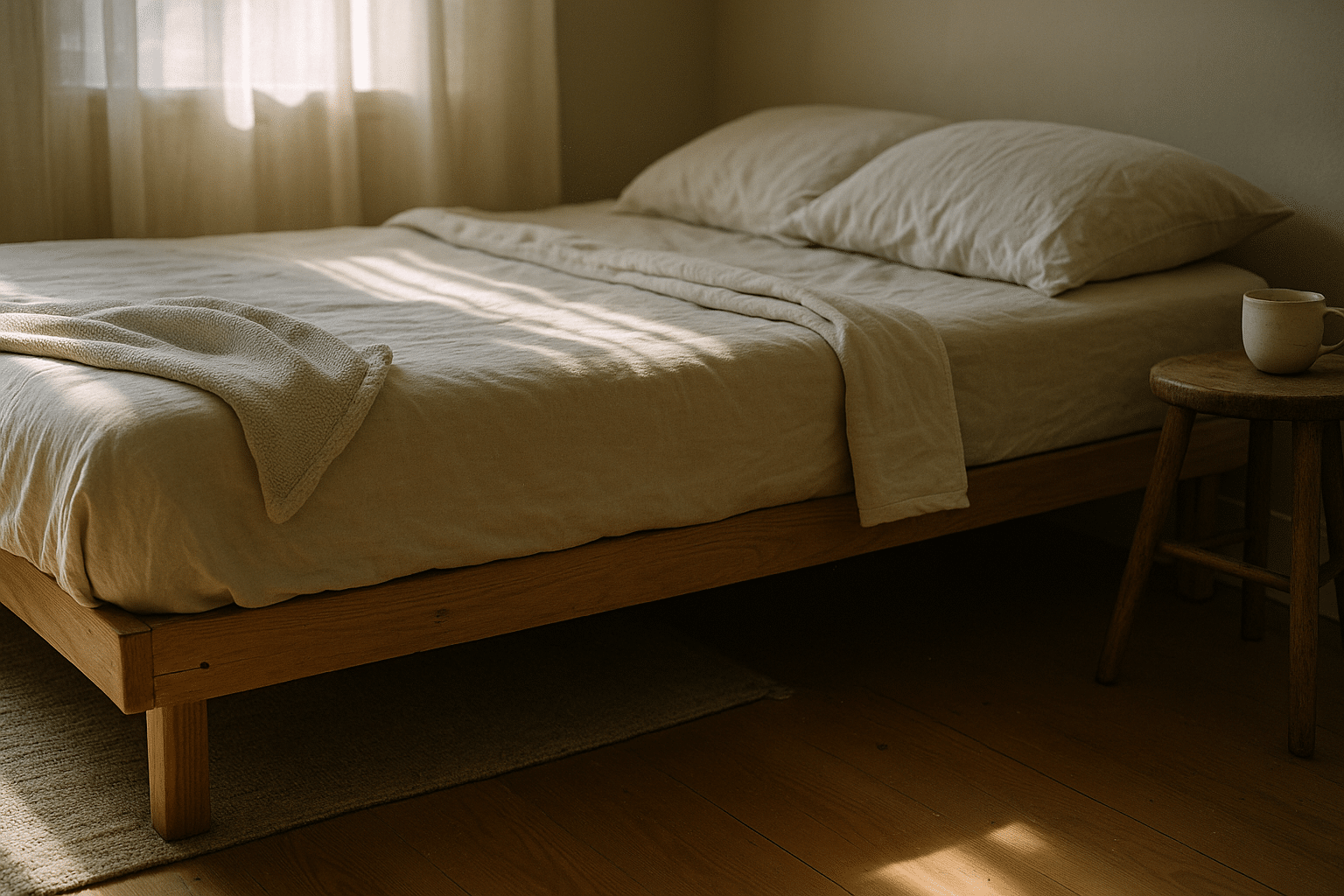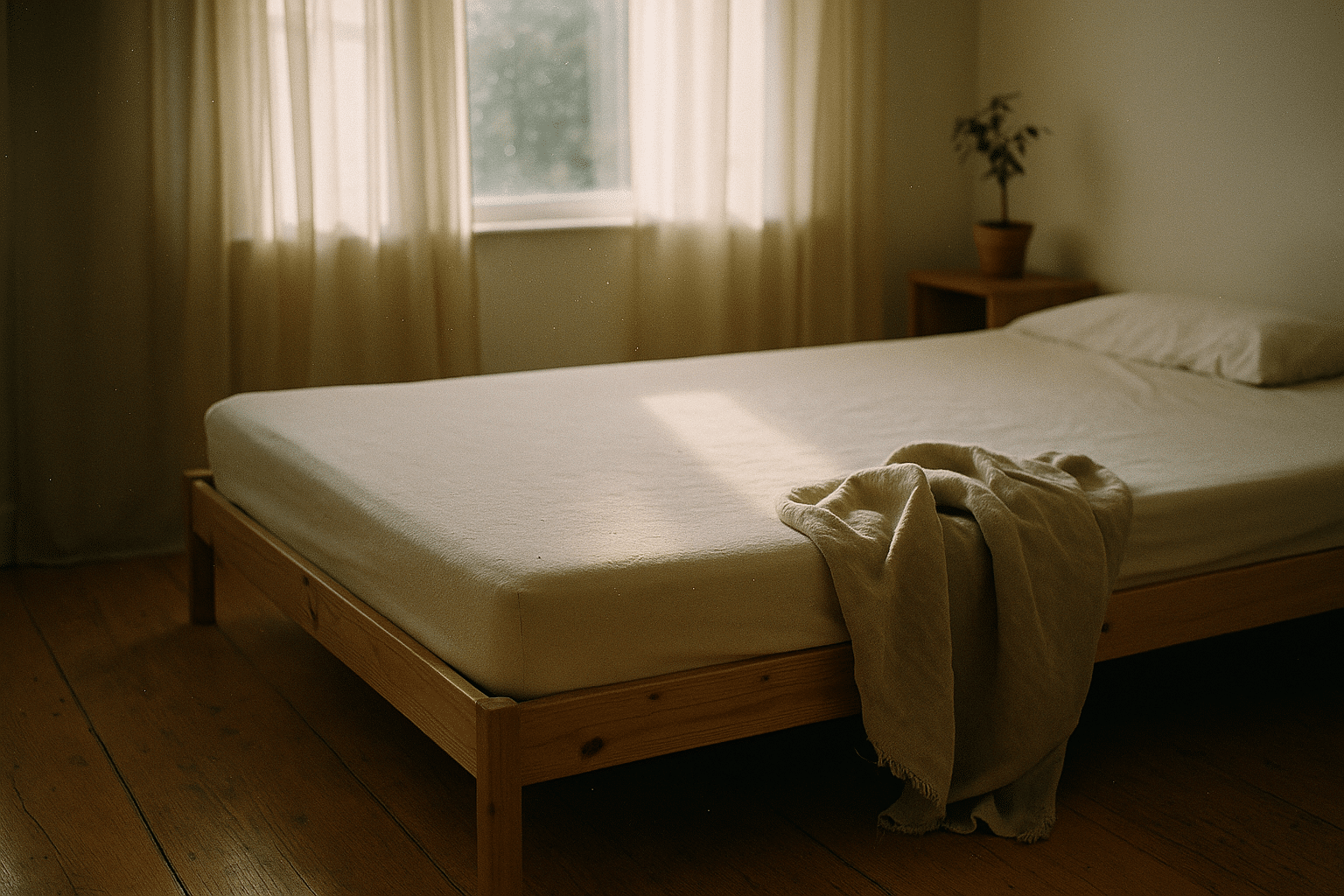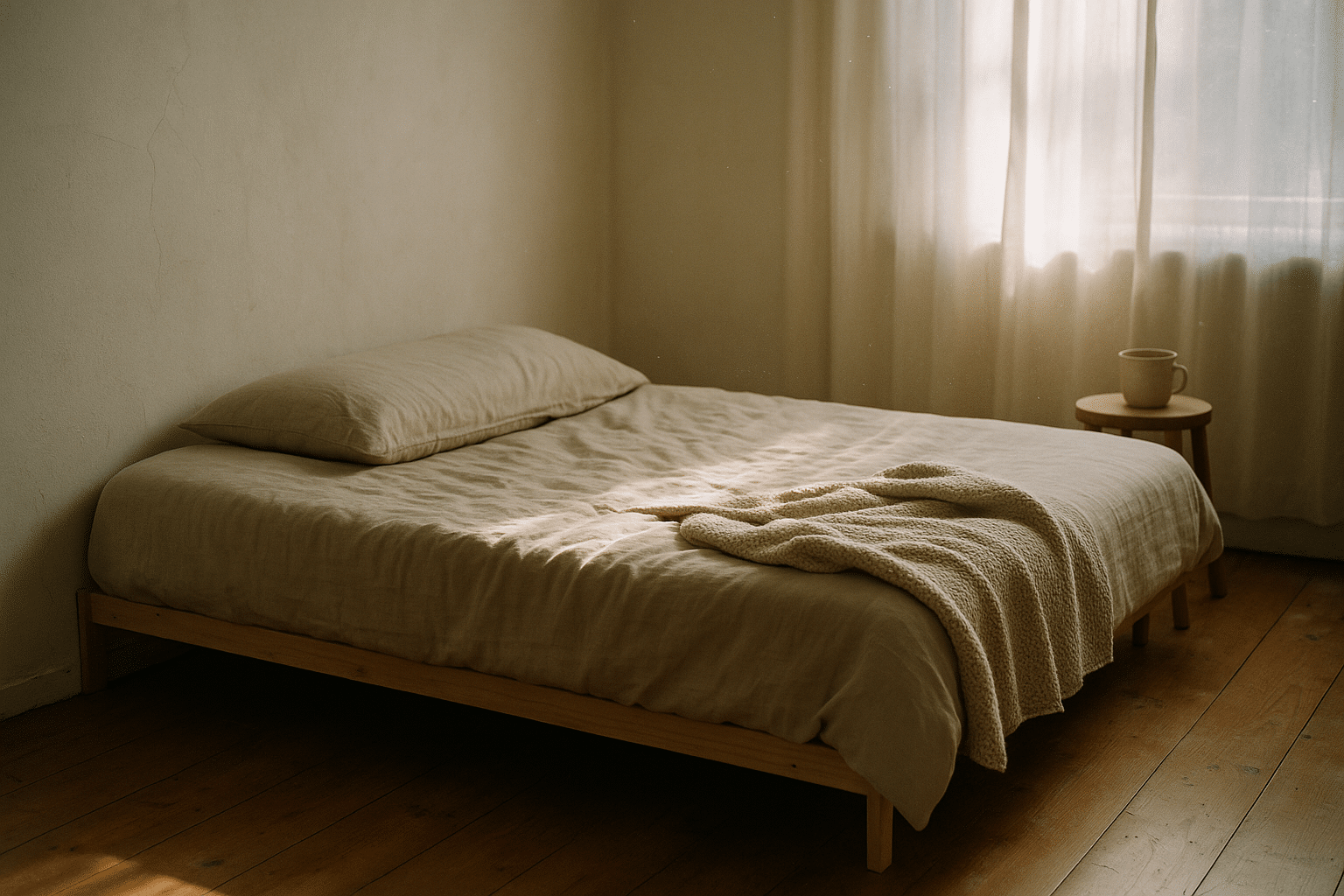
Personalizing Your Wardrobe with Iron-On Transfers
Personalizing your wardrobe with iron-on transfers offers a unique way to express your individual style while embracing sustainable fashion practices. This creative DIY approach not only allows you to refresh old garments but also helps reduce waste by giving new life to clothing you might otherwise discard.
The Appeal of Iron-On Transfers
Iron-on transfers are a fantastic way to personalize clothing without the need for sewing skills. This method is incredibly versatile, allowing you to apply designs ranging from simple graphics to intricate patterns. According to a study conducted by Fashion Revolution, a significant portion of textile waste can be mitigated through upcycling and personalization efforts, like using iron-on transfers.
Expert Insights
Fashion designer Maria Lopez notes, “Iron-on transfers provide an accessible entry into DIY fashion, encouraging creativity and sustainability.”
Why Choose Iron-On Transfers?
- Cost-Effective: Transform your wardrobe without breaking the bank.
- Eco-Friendly: Reduce waste by revamping old clothing.
- Expressive: Showcase your unique style effortlessly.
Getting Started
To begin, gather supplies such as a plain garment, an iron, and your chosen transfer design. Ensure your garment is clean and free from wrinkles for the best results.
Step-by-Step Guide
- Preheat your iron to the appropriate setting as instructed by the transfer material.
- Position the transfer on your garment.
- Press the iron firmly over the transfer, following the time guidelines provided.
- Allow the transfer to cool slightly before peeling off the backing.
- Enjoy your newly personalized piece!
Comparison Table: Iron-On Transfers vs. Other Methods
| Method | Difficulty | Cost | Eco-Friendliness |
|---|---|---|---|
| Iron-On Transfers | Easy | Low | High |
| Embroidery | Intermediate | Medium | Medium |
| Fabric Paint | Easy | Low | Medium |
| Appliqué | Intermediate | Medium | Low |
| Screen Printing | Advanced | High | Low |
| Patchwork | Intermediate | Medium | Medium |
| Heat Press Vinyl | Intermediate | Medium | Medium |
| Stenciling | Easy | Low | Medium |
FAQs About Iron-On Transfers
Can iron-on transfers be used on any fabric?
Most fabrics can handle iron-on transfers, but it’s best to avoid delicate materials like silk.
Are iron-on transfers washable?
Yes, they are durable and can withstand washing, but it’s advised to wash garments inside out to prolong their life.
Incorporating iron-on transfers into your wardrobe not only allows for personal expression but also supports sustainable fashion practices. By choosing this DIY method, you contribute to a more sustainable future while enjoying unique, personalized clothing. Embrace creativity and sustainability today with iron-on transfers!


